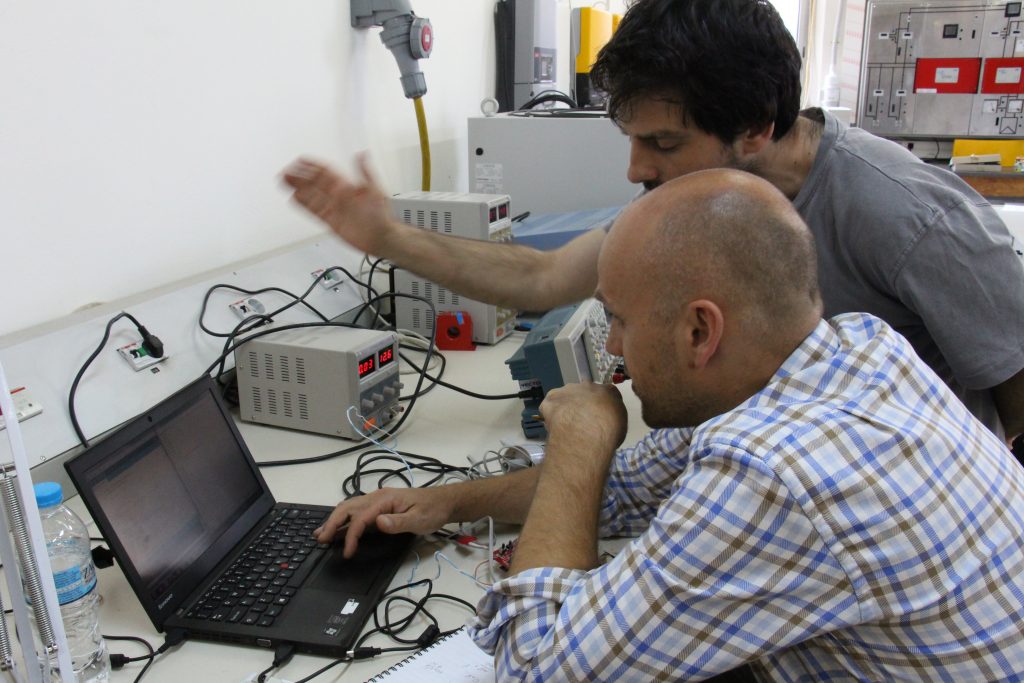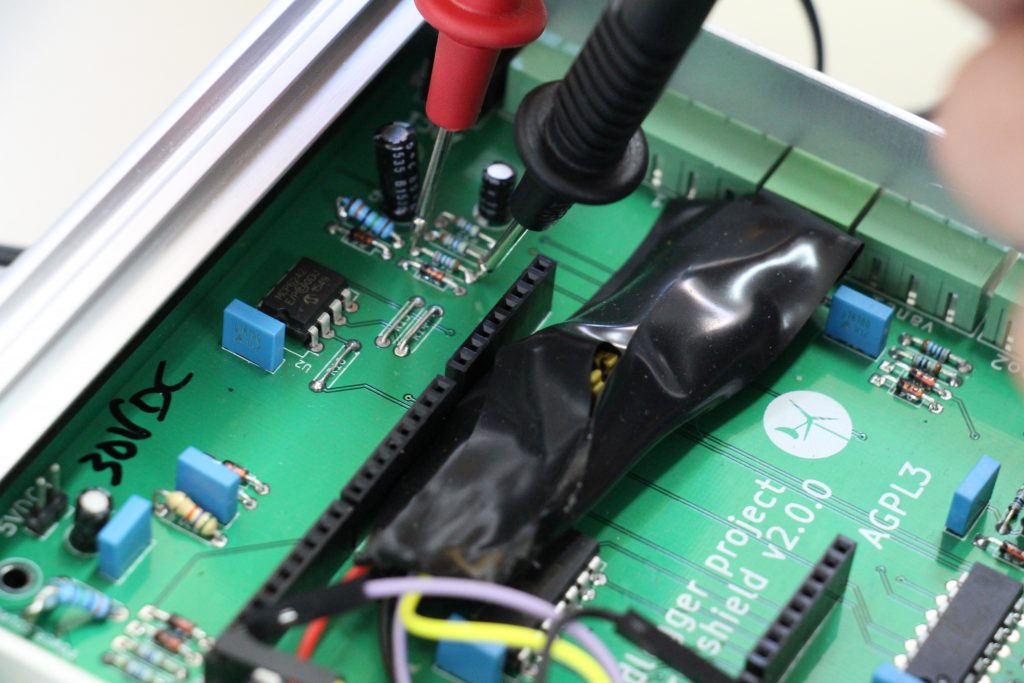TA success story: Eval Loggers
Transnational Access (TA) User Project: Eval Loggers
(User institutes: University Paul Sabatier and Laboratory of Architecture and Analysis of Systems of the French National Council of Scientific Research (CNRS) | Tripalium Network | Technical University of Munich and University Paul Sabatier/LAAS | Re-Innovation UK)
Topic: Evaluation of different data logger technology and data processing techniques for field testing of small locally manufactured wind turbines
Hosting facility: Electric Energy Systems Laboratory (ICCS-NTUA)
Duration: 01.07.2017 – 15.07.2017
Outcomes: factsheet, technical report
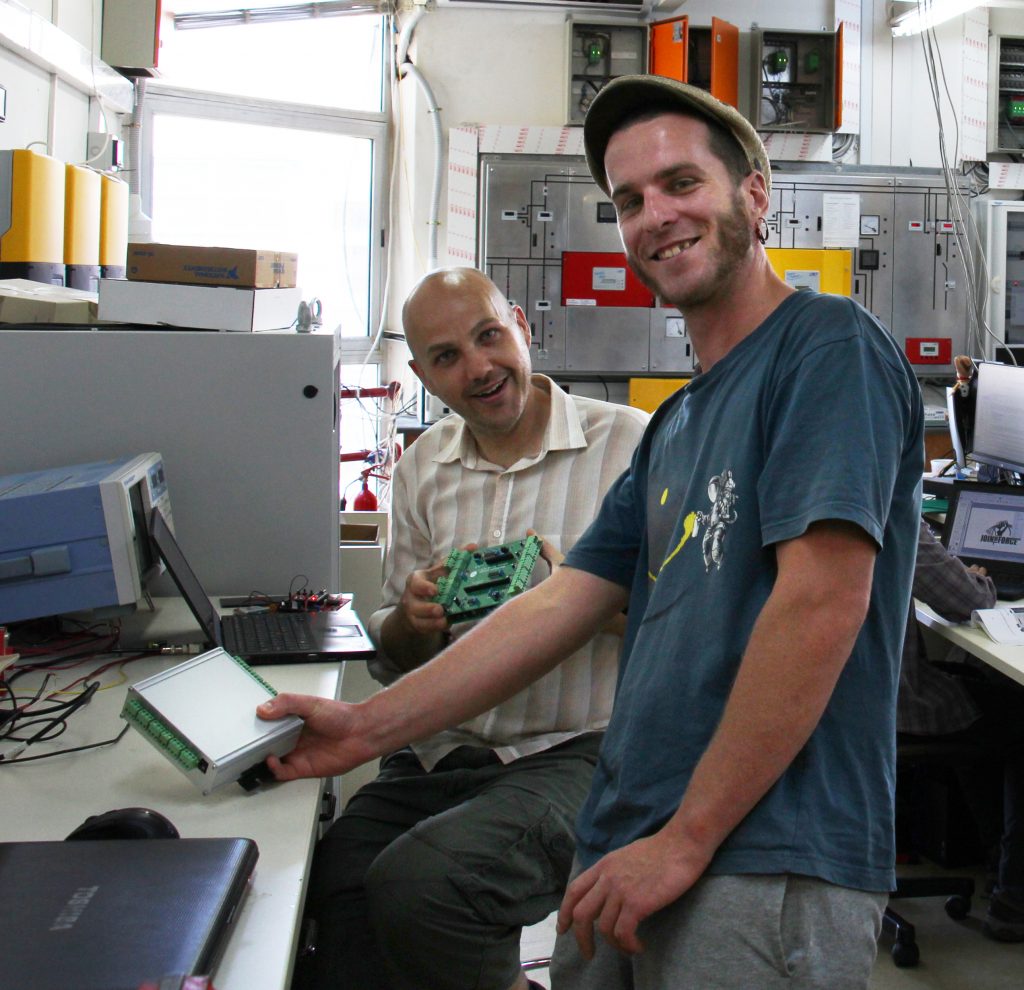
The Eval Loggers user group dealt with the evaluation of different data logger technology and data processing techniques for field testing of small locally manufactured wind turbines.
Having developed several low-cost data logger designs for studying small wind turbine based installations, the Eval Loggers applied for the ERIGrid Transnational Access in order to test, validate and analyse the data logger designs. At the Electric Energy Systems Laboratory of ICCS/NTUA the user group were able to conduct a series of tests with the support of the host.
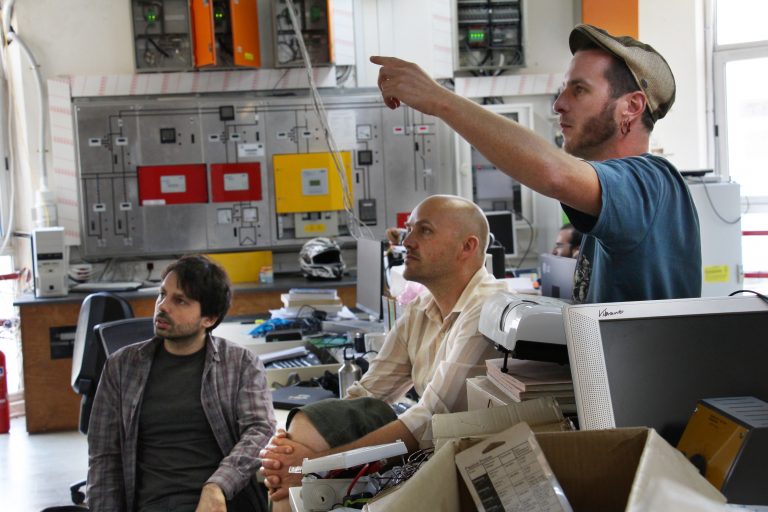
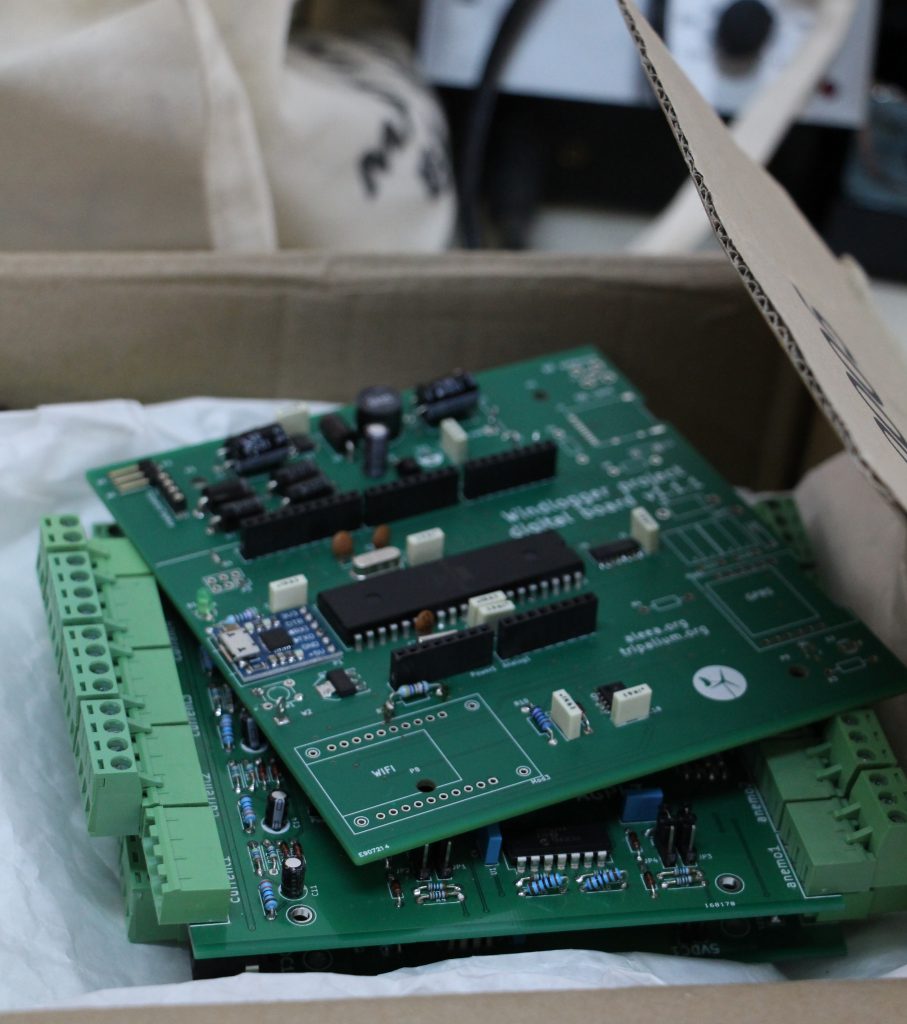
Achievements
In terms of hardware, the Transnational Access project allowed a thorough revision of best practices and debugging of the equipment. Certain glitches, which were treated via software, will now be solved through hardware improvements shared during the project. In terms of software, the participants have exchanged views regarding software structure, state-machine development, object-oriented language and development environment. Data-treatment was also discussed during the week, leading to a roadmap for the next year within the Wind Empowerment Measurement Working Group. Finally, in terms of calibration, data comparison has shown that calibrating the dataloggers with a commercial voltmeter through a specific calibration procedure grants precisions of 2%, similar to those achieved with the reference YOKOGAWA equipment used during the tests (1%).
